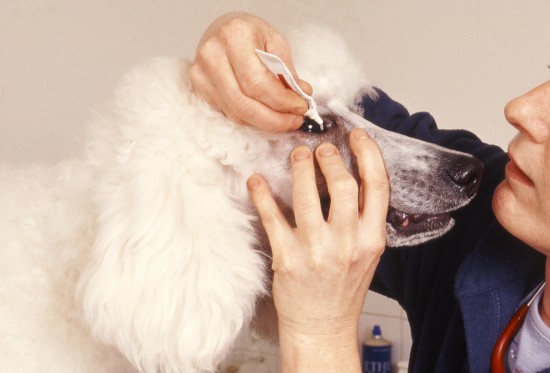

Pet owners all over the world are reading up on rehabilitative therapies to help their friends recover from illness and injuries quicker. These therapies can be used to cure recurring injuries and stiff joints whilst enhancing your pets' athletic performance and boosting their well-being significantly. These therapies have become increasingly popular over recent years. They can help pets get over surgery quicker, enabling them to make a full recovery and boost the effects of the surgery they have undergone.
A host of benefits
Rehabilitative therapies can reduce pain, aid weight loss, increase strength, boost mobility and speed up the rate of recovery. Older pets may benefit significantly from these therapies, as can pets who have recently been operated on. Also likely to benefit from these approaches are sporty pets, including athletic dogs who have recently been injured. Overweight pets can also experience significant benefits as can pets that don't seem to be recovering from surgery or illnesses as rapidly as we might hope.
Which therapy is right for my pet?
The type of therapy that's right for your pet will largely depend on their unique needs and circumstances. Any reputable therapy provider will look closely at your pet's situation in order to identify the right kind of solutions for their needs. Laser therapy involves stimulating cells to encourage your pet's body to heal itself naturally, controlling pain, allowing wounds to heal whilst easing spasms and more.
Further forms of therapy
Another popular type of therapy is Neuro Muscular Electrical Stimulation. This can increase circulation, control swelling and decreasing pain whilst enabling muscles to contract. Transcutaneous Electrical Nerve Stimulation is often used to control extreme pain. Pulsed Electromagnetic Field Therapy repairs cells via nutrient exchange and enhanced circulation. It also reduced healing time alongside soreness and stiffness. Manual therapy can also be of significant value. It can take place in the form of massage, stretches and other exercises. Massaging your pet can boost joint and tissue mobilisation and reduce pain.
Does your pet need to take things easy?
If your pet needs to rest, underwater treadmill therapy could be the ideal solution. It is suited for pets that cannot bear weight, improving their fitness levels and helping them shed weight. If your pet has experienced arthritis or had orthopaedic surgery, this could be the perfect match. It will help your pet to burn off energy without tiring them out, whilst promoting calmness and a speedy recovery.
A growing trend
Pet owners from across the world are investigating rehabilitative therapies for their pets. These therapies are designed to boost their quality of life, help them lose weight, speed up recovery and boost mobility. Your vet may be able to advise you on what's best for your pet if you do wish to introduce them to rehabilitative therapies, but don't know which treatment will be right for their needs. These therapies can even stop your pet needing surgery. It's no surprise to see so many pet owners introducing their furry friends to rehabilitative therapies.
 How To Administer Eye Drops Or Eardrops To Your Dog
How To Administer
How To Administer Eye Drops Or Eardrops To Your Dog
How To Administer
 Reasons For Why Dogs Might Not Urinate After Surgery
Reasons For Why D
Reasons For Why Dogs Might Not Urinate After Surgery
Reasons For Why D
 5 Things That Cats Really Don’t Like
5 Things That Cat
5 Things That Cats Really Don’t Like
5 Things That Cat
 Choosing A Dog Or Puppy To Fit In With Your Family
Choosing A Dog Or
Choosing A Dog Or Puppy To Fit In With Your Family
Choosing A Dog Or
 Separating Aggressive Hamsters
Separating Aggres
Separating Aggressive Hamsters
Separating Aggres
Copyright © 2005-2016 Pet Information All Rights Reserved
Contact us: www162date@outlook.com